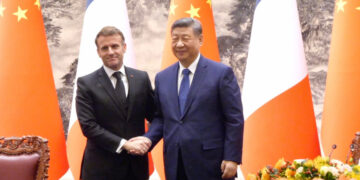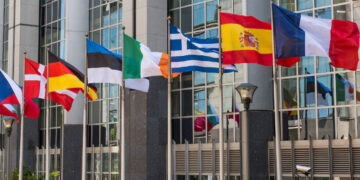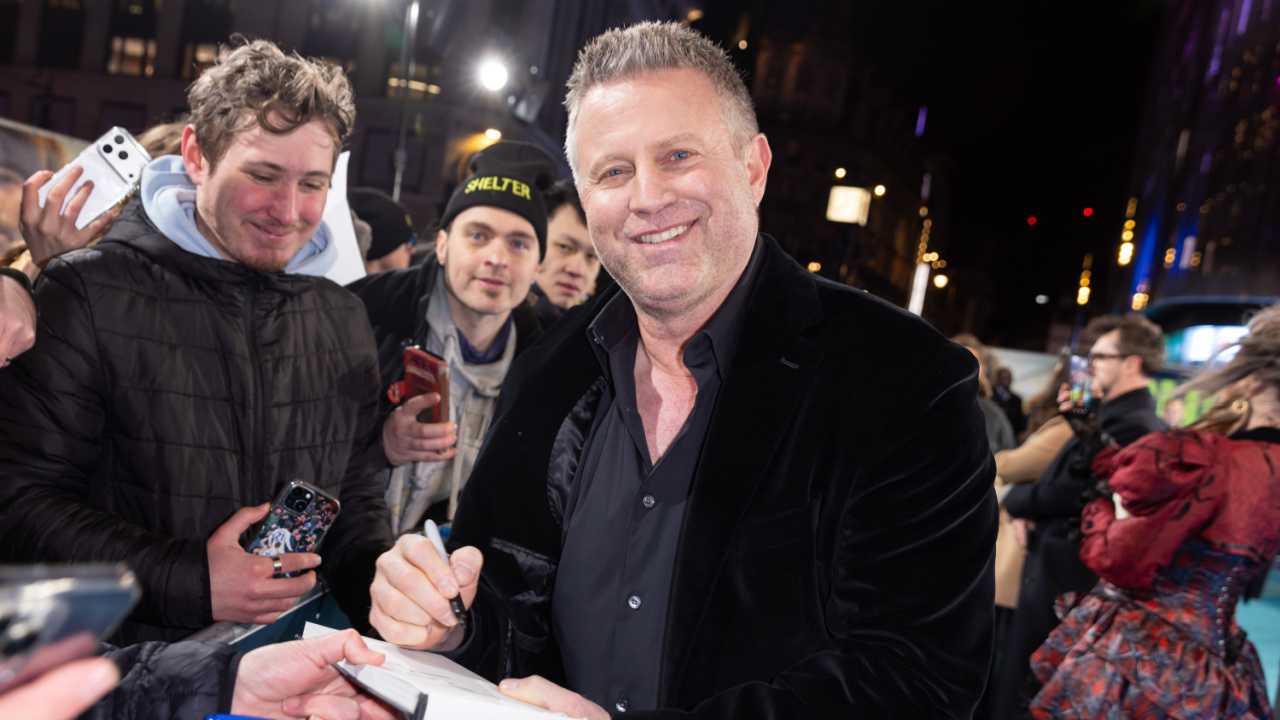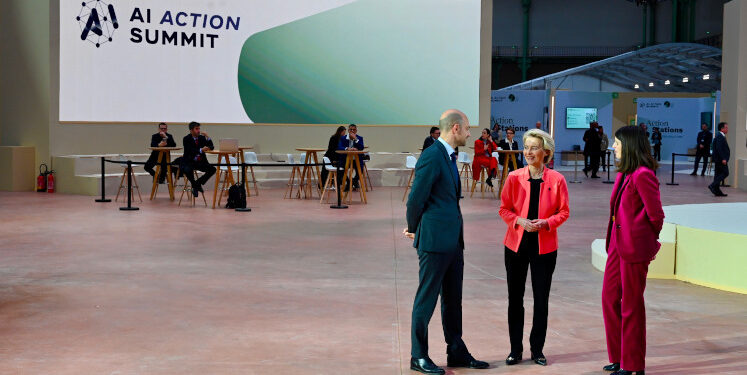An Artificial Intelligence (AI) Action Summit was held in Paris on 10-11 February. In an interview with EUROPP’s editor Stuart Brown, the Secretary General of the Summit, Chloé Goupille, discusses how France and Europe can play a leading role in AI governance.
The summit came amid heightened interest in artificial intelligence and shortly after the inauguration of Donald Trump as US president. Are we living in a pivotal moment for AI?
Indeed, the number of participants, the unique format of the event, the range of issues covered and the outcomes of the Paris AI Action Summit all illustrate its significance. The build-up to the Summit confirmed the immense interest in artificial intelligence from governments, civil society, businesses and academia. All these sectors participated in the Summit, eager to engage with stakeholders worldwide, with more than 100 countries represented on-site.
The Summit also highlighted notable developments within the industry. A few weeks before the Summit, the United States had announced the Stargate project, while the Chinese startup DeepSeek gained recognition for its breakthroughs in generative AI. Throughout the year of preparation for the Summit, we observed growing interest in how AI would impact various aspects of our societies and economies – including work, education, culture, health, climate change and more – and in the means to ensure AI remains trustworthy and accessible.
Building on these concerns, the Paris Summit created a space for comprehensive discussion, featuring 250 events worldwide around the Summit and 30 different roundtables and discussion forums on-site. Beyond dialogue, it served as a platform for action and commitment, resulting in the adoption of a landmark declaration and the announcement of 100 “Paris Actions” aimed at harnessing AI for the general interest.
What particular qualities can France bring to AI governance?
France has a strong diplomatic tradition of bringing multiple stakeholders to the table and setting the stage for effective multilateral discussions on global challenges that concern everyone. AI governance was one of the five key issues identified by France from the outset, as soon as preparation for the Summit began. The fact that most countries in the world – 119 of them according to the UN – do not have a seat in the main intergovernmental institutions on AI served as a wake-up call on the need to build a broader and more inclusive governance framework, ensuring that no one is left behind in the international conversation on AI.
The work of the UN with the Global Digital Compact establishes a foundation for such an approach. Additionally, other initiatives, such as the Global Partnership on AI, enable a large number of countries from all regions of the world to drive the development of AI in the same direction through science, collective standards and concrete solutions.
The Summit enabled us to take a critical step forward, as it produced – for the first time – a comprehensive mapping of the global landscape of AI governance, highlighting sectors where greater cooperation is needed, such as the environmental impacts of AI, the effects of AI on employment and capacity-building for developing countries. Furthermore, many initiatives and coalitions announced during the Summit, such as the Coalition for Sustainable AI, serve as vehicles to develop new partnerships that include both public and private sectors to advance common goals, such as aligning AI development with climate change mitigation efforts.
How important is it that Europe plays a leading role in setting the agenda for how we manage AI?
Europe can lead by example in finding the right balance between innovation and safeguards. The EU has a unique voice on artificial intelligence. It has developed its own path forward, through both a regulatory approach to protect its citizens and a commitment to invest in and mobilise its strong ecosystem.
Make no mistake: Europe possesses numerous assets in terms of digital innovation. Linux, Bluetooth, the Web, and the TCP/IP Protocol were all born in Europe. And champions such as Mistral and ASML are emerging. Europe’s specific advantages in terms of skills, infrastructure, access to energy and data, and its strong market make it a key player worldwide.
The Summit demonstrated an unprecedented European commitment with significant investment announcements: 109 billion euros in France and 200 billion euros in the EU. It also showcased Europe’s determination to advance in terms of AI infrastructure, with the establishment of 12 AI factories and a dedicated initiative to promote EU AI Champions. Yet Europe cannot take this path alone, which is why it was so important to gather many other countries in Paris on 10-11 February, notably stakeholders from Asia and Africa who presented projects utilising AI for the general interest.
As Secretary General, what do you hope will be the one lasting legacy to come from the summit?
Personally, I was amazed by the diversity of actors who participated in preparing this unique diplomatic gathering. Women and men from around the world, from artists to CEOs, came to share their hopes and fears about the development of AI.
The Paris AI Action Summit has proven that a global and inclusive discussion and call for action is possible. The pace at which this technology is developing makes it difficult to envision the exact way in which diplomatic discussions on AI will continue in the next decade. Nevertheless, I believe there is now a path and a legacy upon which many stakeholders can build.
Note: This article gives the views of the interviewee, not the position of EUROPP – European Politics and Policy or the London School of Economics. Featured image credit: © European Union






































Discussion about this post